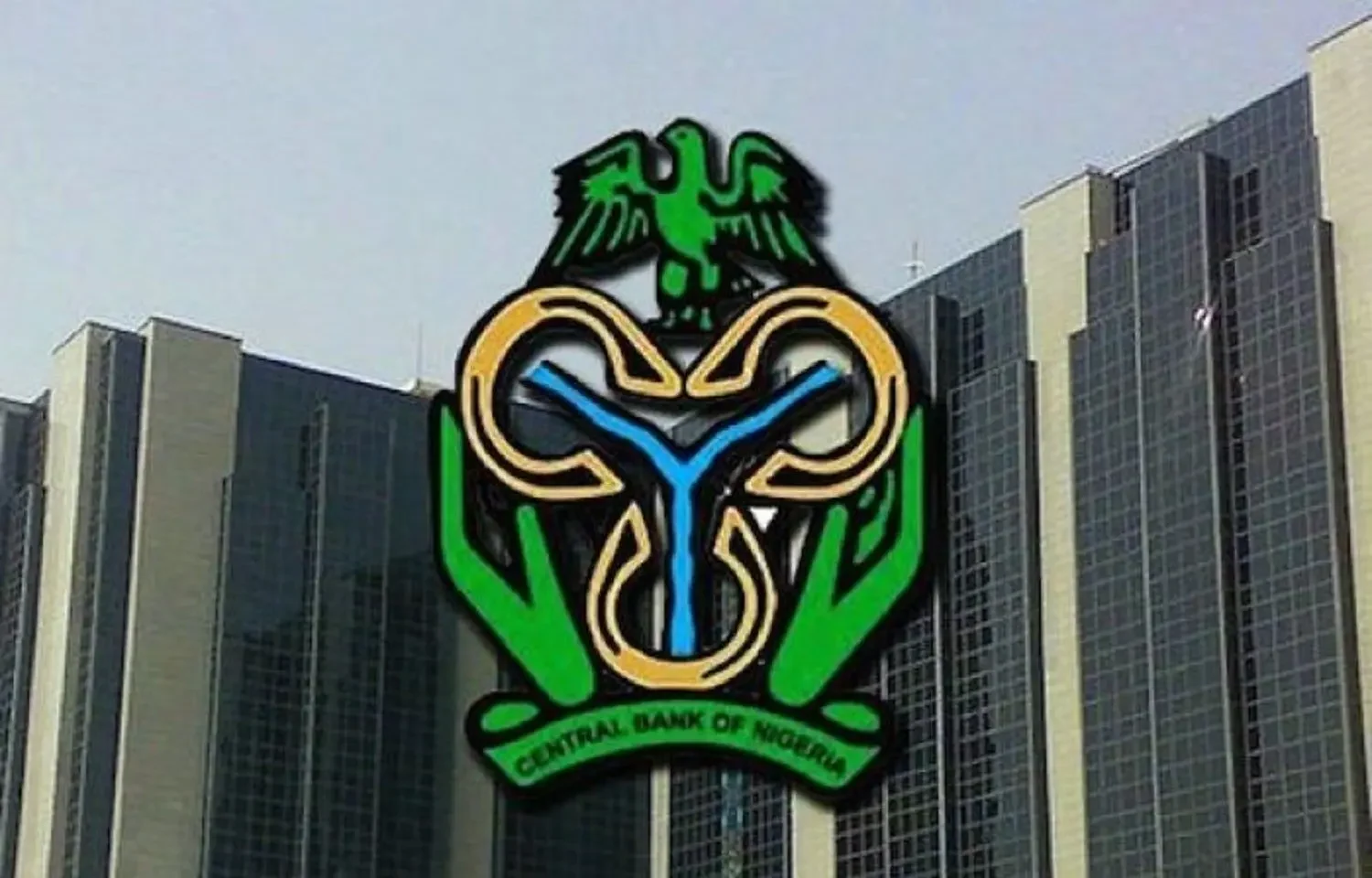
Exposure draft outlines blacklisting, credit restrictions and stiff penalties for non-compliant banks
The Central Bank of Nigeria (CBN) is proposing a stringent new policy that will bar individuals who repeatedly issue dud cheques from the financial system for five years.
The measure, detailed in an exposure draft of the bank’s planned Guidelines on the Treatment of Dud Cheques released on Monday, targets customers designated as “serial dud cheque issuers”, those who issue cheques three times that are returned unpaid due to insufficient funds.
Offenders to Face Blacklisting and Credit Restrictions
Under the proposed framework, offenders will be:
- Blacklisted across all banks and financial institutions
- Denied access to the cheque clearing system
- Barred from obtaining loans or credit facilities
- Prohibited from opening current accounts during the five-year sanction period
Banks will also be required to apply charges for each returned cheque in line with the national Guide to Bank Charges.
The CBN directive applies to all commercial banks, merchant banks, non-interest banks, mortgage banks and microfinance institutions, which must enforce sanctions, retrieve unused cheque books, and file offenders’ details with the Credit Risk Management System (CRMS) and at least two private credit bureaux.
Repeat Offenders Face Multiple Bans
The draft guidelines prescribe even tougher consequences for customers who continue the practice after completing a sanction term. Any individual who issues another dud cheque after serving a five-year ban will receive an additional five-year penalty for each repeat offence.
Customers can only be unbarred when the sanction period expires or if a financial institution confirms that a previous report was made in error. Banks must update the customer’s status with credit bureaux and formally notify the individual once their restriction is lifted.
Banks to Pay Millions in Fines for Non-Compliance
The CBN is also introducing penalties for institutions that fail to enforce the new rules.
- Banks that do not impose the stipulated restrictions will face a minimum fine of N5 million.
- Any institution that opens a current account without checking a customer’s CRMS status will be fined a minimum of N3 million.
The proposed guidelines are expected to strengthen financial discipline, curb abusive cheque practices and improve confidence in the country’s payment system once approved.



